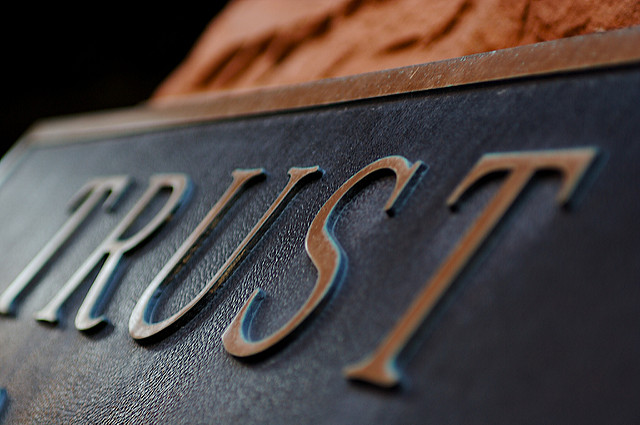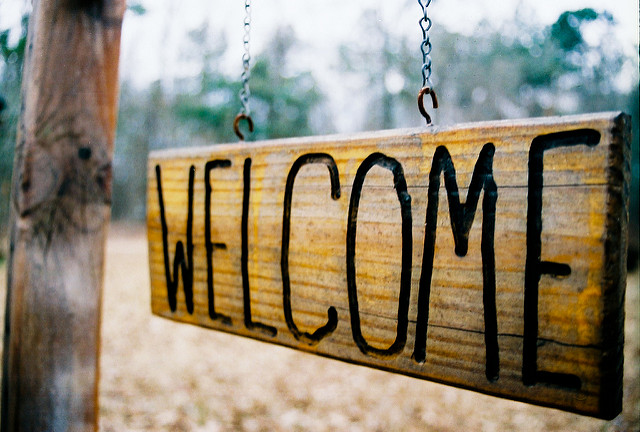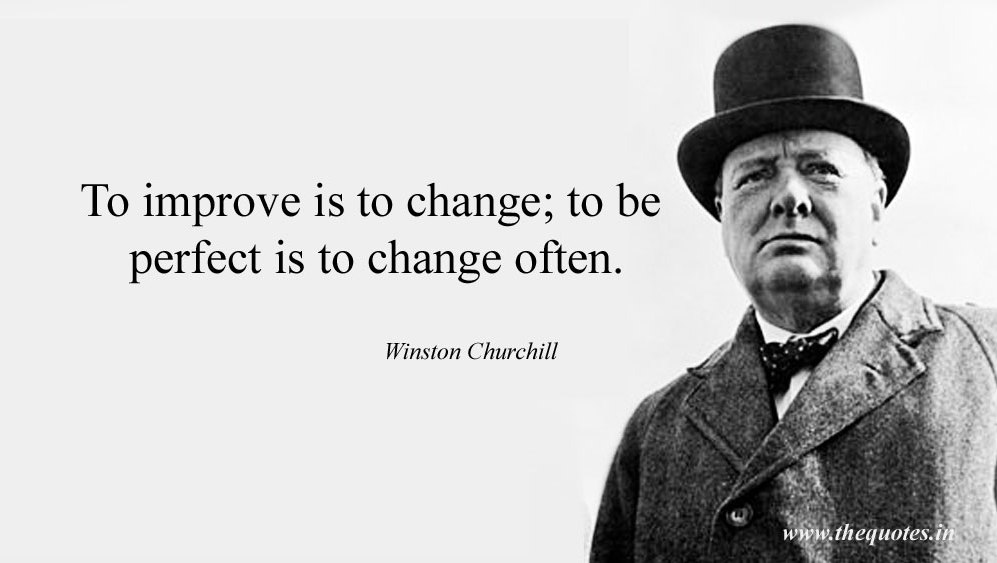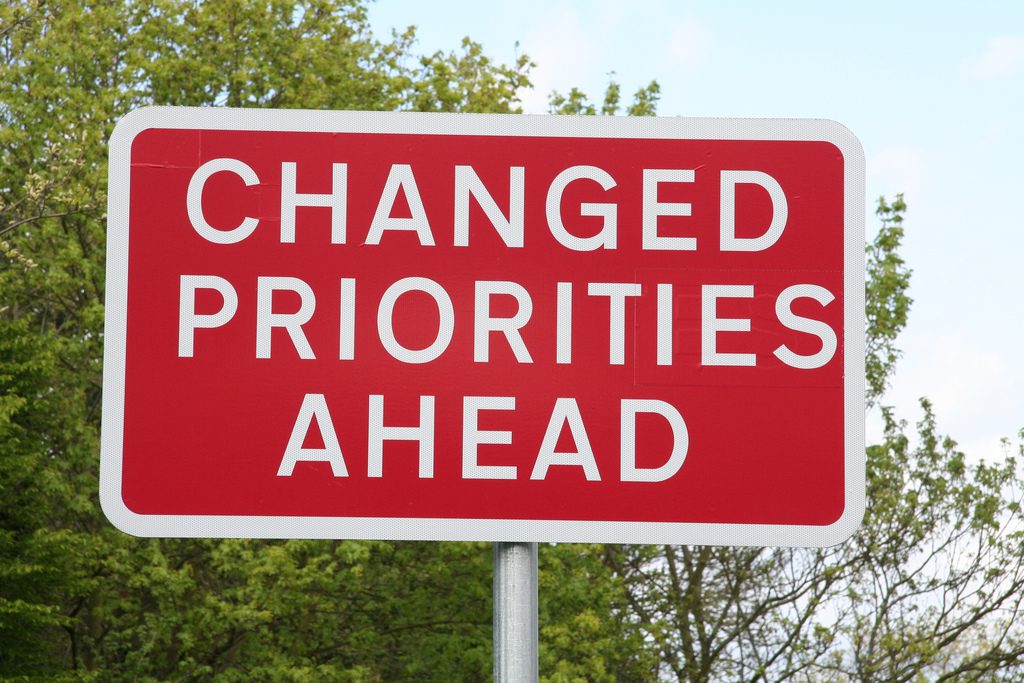We’re now mid-way through the first year of the AAAS Community Engagement Fellows Program (CEFP), funded by the Alfred P. Sloan Foundation. The first cohort of Fellows is made up of 17 scientific community managers working with a diverse range of scientific communities. As they continue to develop their community engagement skills and apply some of the ideas and strategies from their training, the Fellows will report back on the Trellis blog, sharing their challenges, discoveries, and insights. Today, in part one of a two part series, Fellow Elisha Wood-Charlson introduces the role of knowledge brokering.
Posted by Elisha Wood-Charlson, Data/Research Communications Program Manager for the Simons Collaboration on Ocean Processes and Ecology

During Moment #1 of realizing I was becoming a “Community Engagement Manager”, I was introduced to the concept of a knowledge broker. At the time, I was a postdoc in Australia and “climate change” was not an acceptable phrase (sound familiar?). Knowledge brokering was about how scientists were involved in policy decisions. As Roger A Pielke, Jr. author of the book The Honest Broker: Making sense of science in policy and politics, explains on his blog,
“The defining characteristic of the honest broker is a desire to clarify, or sometimes to expand, the scope of options available for action.”
As part of the inaugural Community Engagement Fellow Program (CEFP) cohort, I have come to realize that these characteristics run deep in the small (but mighty) realm of scientific community managers (SCM).







